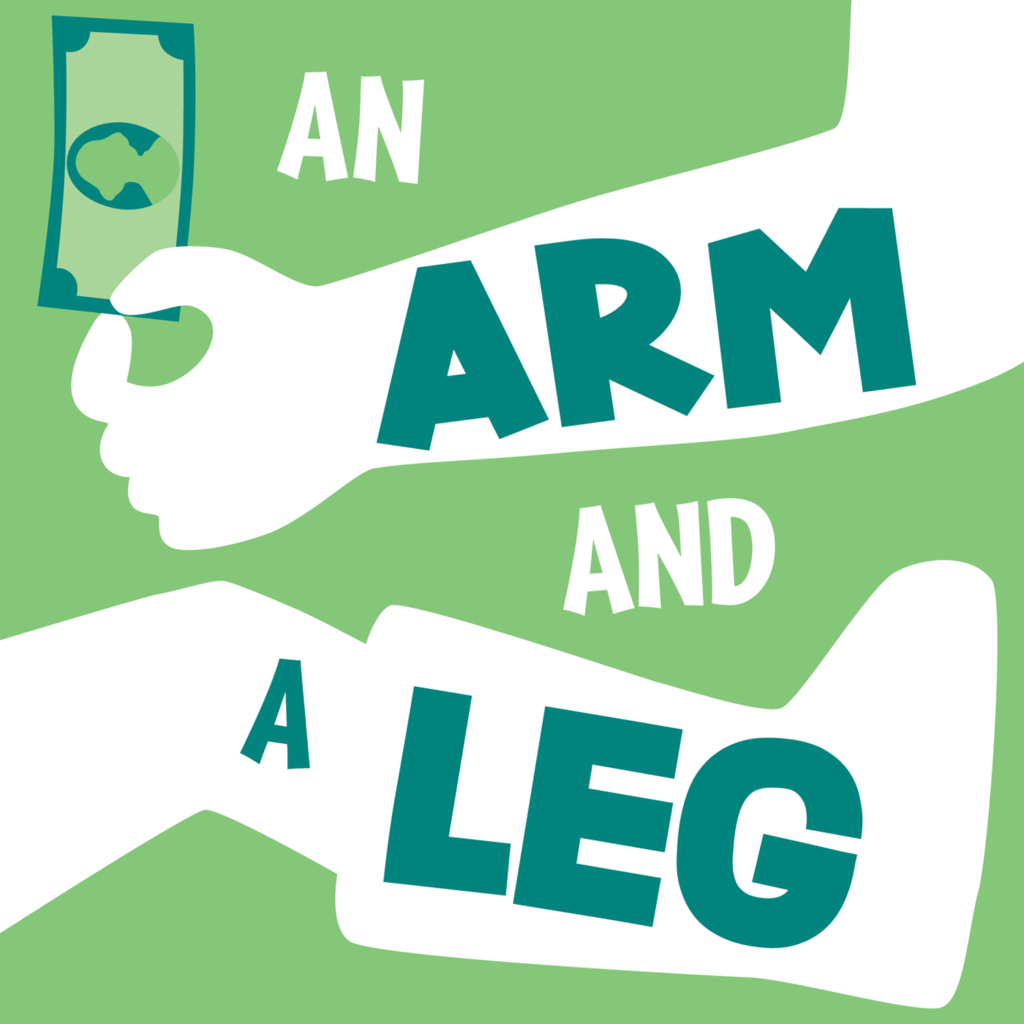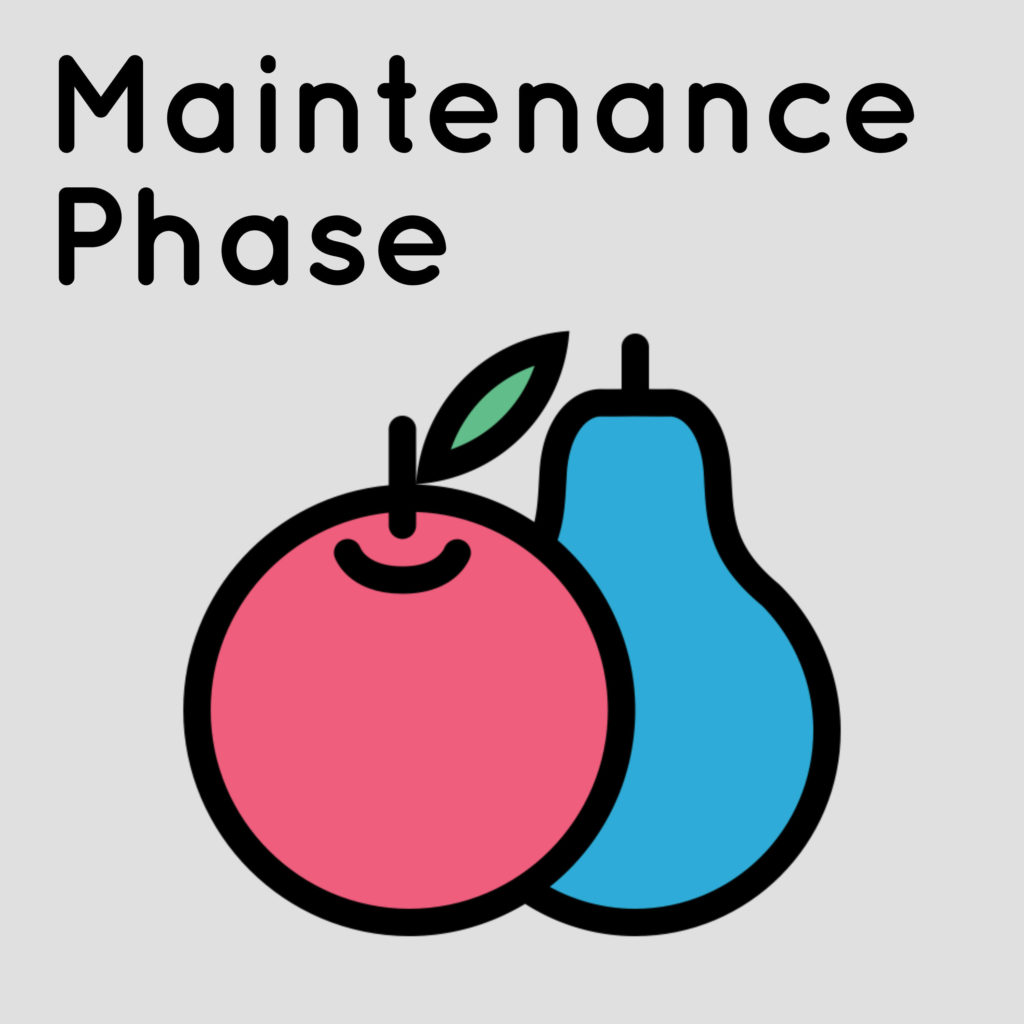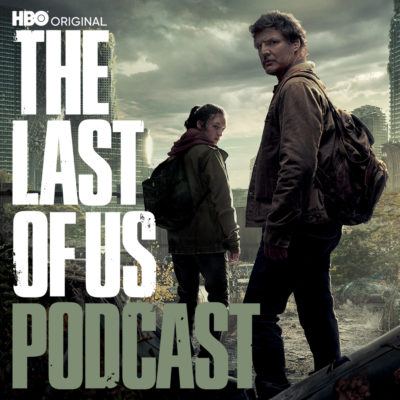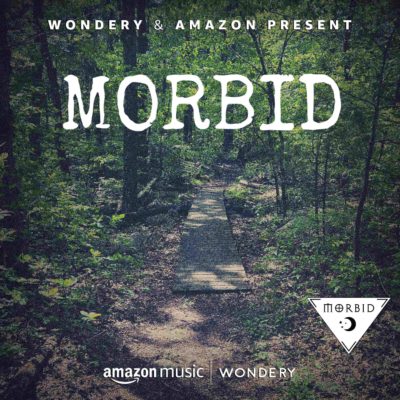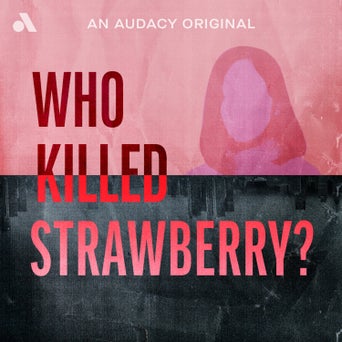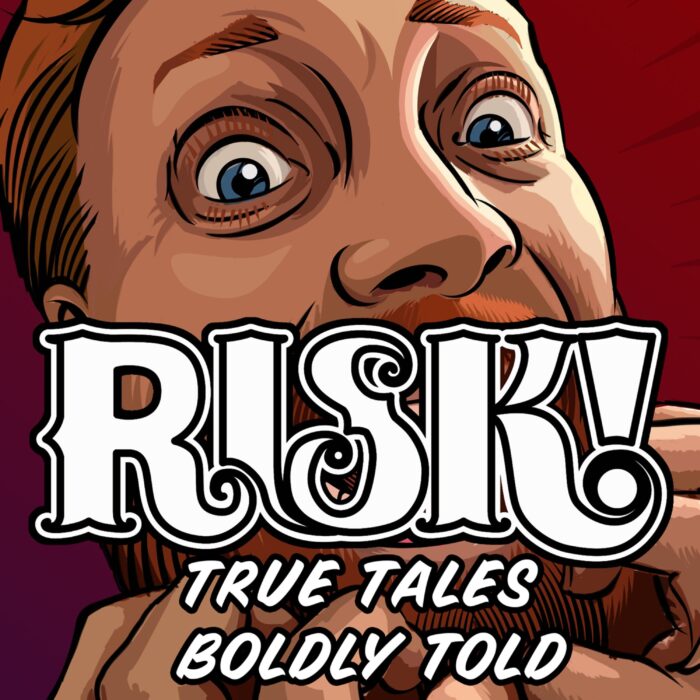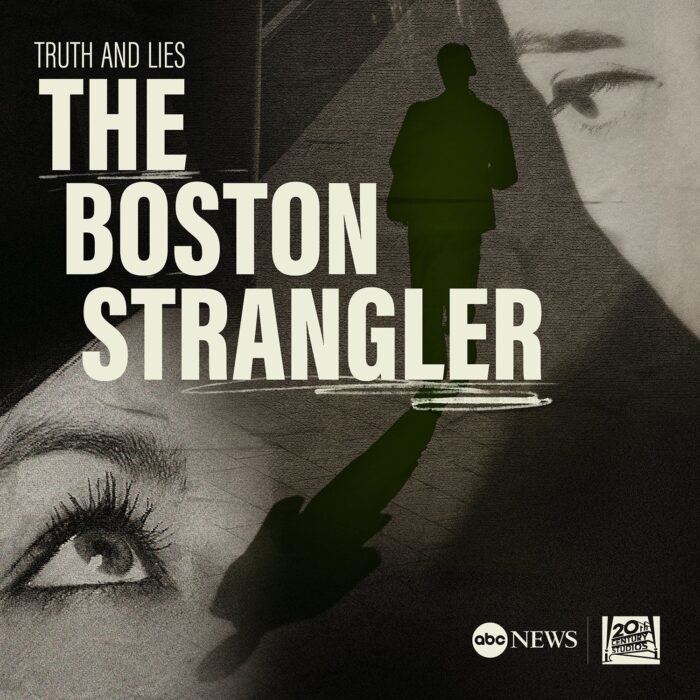Self-care isn’t always as simple as face masks and manicures: Anna Borges dives into practical coping tools on ‘Mood Ring’
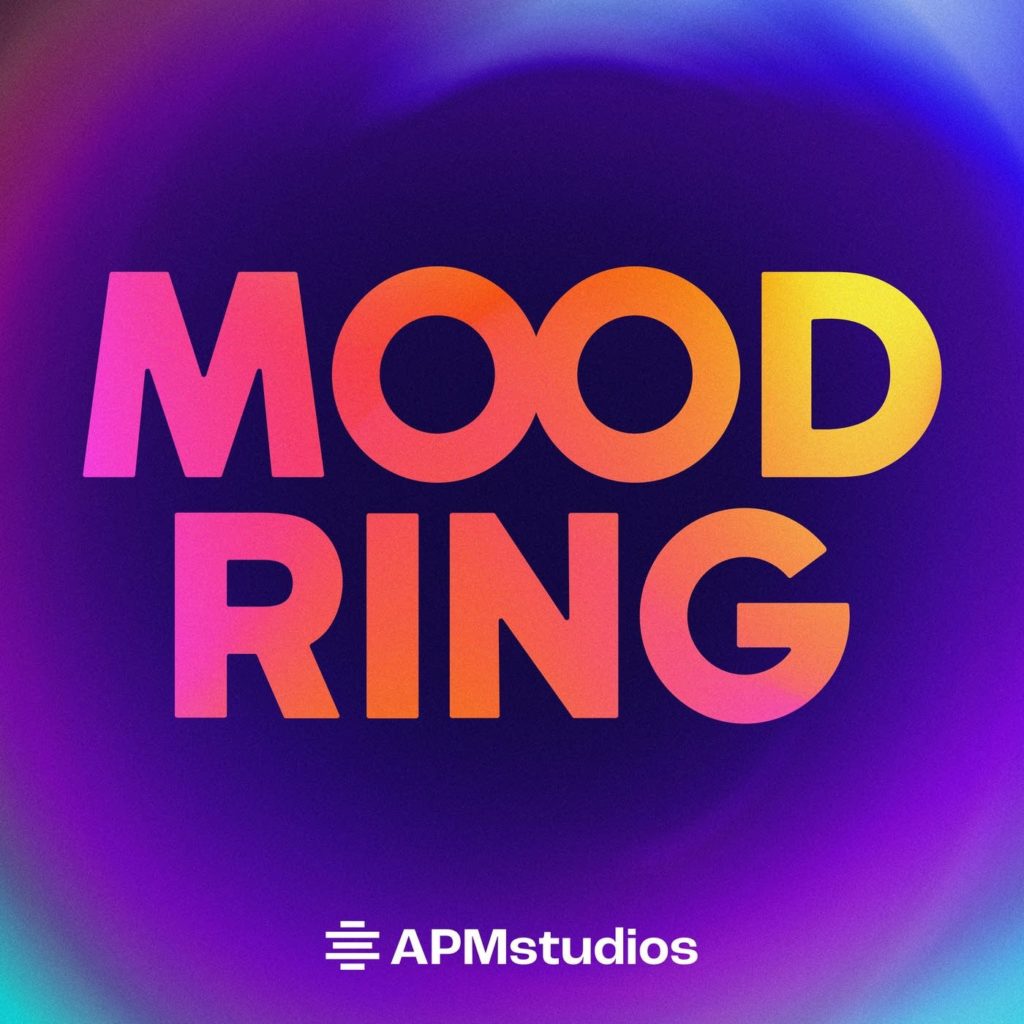
A brand new podcast from American Public Media, “Mood Ring” is taking a new approach to self-care. Instead of a one-size-fits-all attitude, or even one-size-fits-most, Anna Borges doesn’t expect everything she says to work for everyone. As a mental health writer who authored the book The More Or Less Definitive Guide to Self-Care, she is of the mindset that the gargantuan concept of self-care is fluid, personal, and not as easy as learning a few tips and tricks on a podcast.
This is a podcast about trying new things and learning the best way to care for ourselves right now. Because what works for us today might not work for us tomorrow, and what works for us tomorrow might not work for someone else ever. On top of that, Anna knows that access to mental health care and the ability to even practice self-care is a huge privilege that many can’t afford.
“Mood Ring” is designed to be a practical guide to feelings that’s not about finding the perfect self-care tips that will solve all of our problems, because those just don’t exist. Every episode explores a new way to cope with our feelings, our baggage, and the world around us. Throughout the course of this podcast, Anna will be speaking with therapists, psychiatrists, and researchers about our brain and the things it feels, as well as the people who have tested all kinds of self-care tools themselves.
In the very first episode of “Mood Ring,” Anna gives us more background on who she is and why she’s hosting this new podcast. She tells us that up until a year ago, she was a full-time mental health writer, writing for SELF Magazine and Buzzfeed along with freelance work here and there. At some point in this journey, she wrote a book on the topic. Her writings were about the things we can do for our mental health on our own, sharing advice from experts, stories from people who have found coping mechanisms that work, and she wrote a lot about her own mental health.
Well, that was what she was doing until a year ago. There came a week where she was stretched thin, out of ideas, facing multiple deadlines, and completely wrung out. Instead of using any of the bountiful advice that she herself had written about for the past however many years of her life, she sat in her shower and cried.
She found that in writing about her mental health as a job, all of the coping mechanisms she had learned and suggested to others were being used to cope with said cope, instead of being used to cope with everything else they should be used for. So she quit! She quit her job and quit mining her own mental health for content.
And now you’re probably saying to yourself, “But, is this podcast not what she was doing before?” You’d be right. But she tells us that she missed connecting with people over conversations about mental health and working towards a better, healthier world for all of us. Now, she’s more prepared for what’s to come with “Mood Ring.”
“Mood Ring” is charming, thoughtful, and even funny. We are unsurprised that an American Public Media podcast is sonically superb, but paired with Anna’s masterful storytelling and overall charisma, this podcast knocks it out of the park. She is vulnerable and self-deprecating, talking about her own experience in therapy or her own complete meltdowns like the one she had in the shower a year ago.
In this short pilot episode (just 20 minutes long!), Anna speaks with therapist Elisa Beale about the most foundational tool of self-care: identifying our feelings. How can we cope with our feelings if we don’t even know what we are feeling? She talks about the origins, iterations, and purpose of the Feelings Circle: a chart of descriptive words that expands outward until you have the perfect term to describe your emotions. She and Elisa discuss why naming feelings is so important and how she helps people break down what they are feeling and why.
Self-care is anything but simple — Anna knows that better than most people. “Mood Ring” is instead a realistic guide to coping, even just a little bit. It’s about the tools and mechanisms that might work you, but hopefully lead you down a path of discovery and kindness towards yourself.
